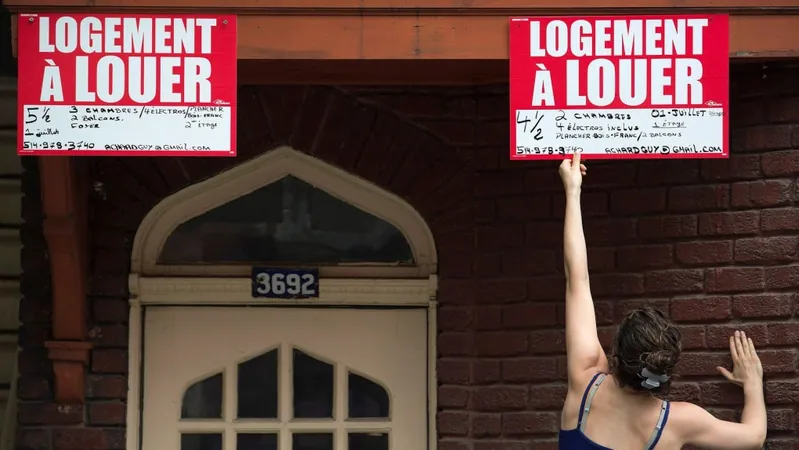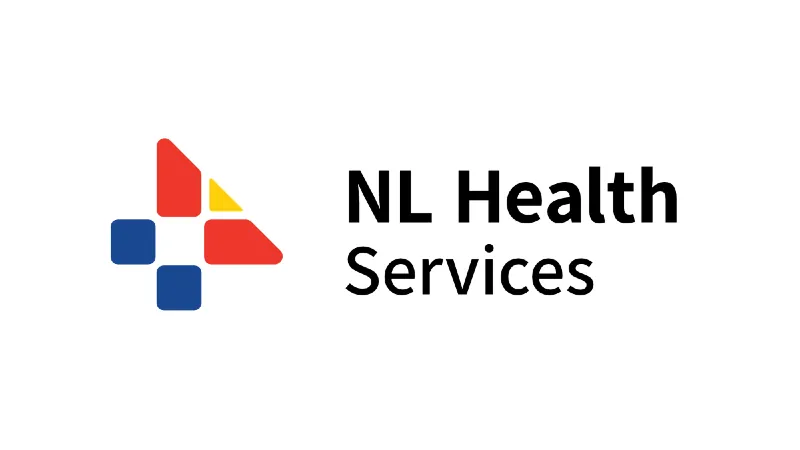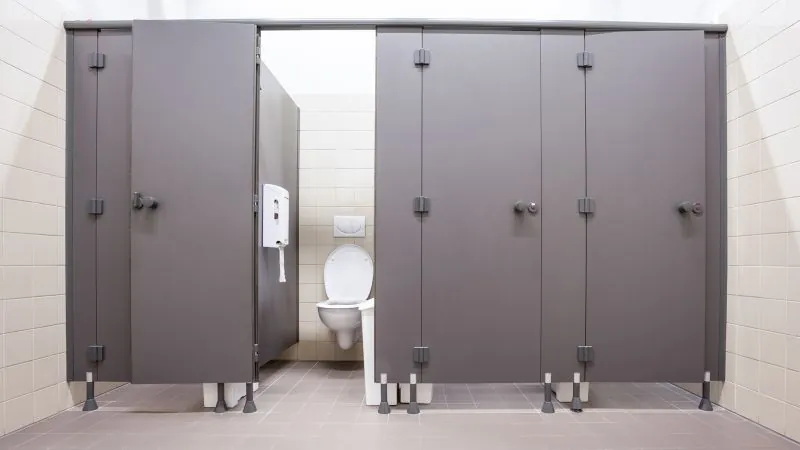
Shocking Rise in Montreal Rents Despite Increasing Vacancy Rates!
2024-12-19
Author: Benjamin
Montreal is witnessing a puzzling trend in its housing market: the vacancy rate is climbing for the first time since the onset of the pandemic, yet rents are also skyrocketing. According to the latest data from the Canada Mortgage and Housing Corporation (CMHC), the city’s vacancy rate has increased to 2.1% from 1.5% in January, while a healthy vacancy rate typically hovers around 3%.
The CMHC's recently released Fall 2024 Rental Market Report reveals a complex scenario. Newer buildings are seeing the highest vacancy rates, yet their rent prices have surged significantly. This peculiar combination means that the rental market is still tightly constrained, particularly impacting low-income renters. Record-high completions of rental units indicate a potentially shifting landscape, yet the report suggests that simply increasing the number of expensive units won’t solve the housing crisis.
Catherine Lussier, a spokesperson for housing advocacy group FRAPRU, voiced her concerns, emphasizing that the notion of affluent individuals moving into pricier apartments and leaving affordable options for others is fundamentally flawed. Even when tenants vacate affordable units, landlords often increase rents exorbitantly before the next tenant arrives.
The CMHC report highlights that apartments transitioning to new tenants experienced an average rent increase of 18.7%, while those renewing leases saw a more modest increase of only 4.7%. Lussier warns that this trend is plunging low-income tenants into precarious living conditions rather than offering long-term solutions.
The report also concedes that these newer units often remain out of reach for many tenants. Although they may address the growing demand for housing in the long term, the immediate challenge lies in providing a diverse range of units that cater to various budgets, especially for low-income households facing sharply rising construction costs.
Into the deep end of rental inflation: A 48.4% jump!
Did you know that over the past six years, the average rent in Montreal has skyrocketed by an astonishing 48.4% since the Coalition Avenir Québec government took power? The average rent for a two-bedroom purpose-built rental unit now stands at $1,176, with two-bedroom condos averaging a jaw-dropping $1,724. Just take a moment to ponder: back in 2018, you could find a two-bedroom apartment for as little as $809!
Downtown Montreal tops the city in vacancies, yet it also boasts the highest rent prices, leading to a curious situation where demand remains limited. Factors contributing to increased rents in new buildings include soaring construction costs, which are causing these units to be rented more slowly and, subsequently, contributing to the rise in vacancy rates.
With less than 1% of homes priced below $1,150 available across the entire Montreal area, and these homes accounting for roughly 60% of the city’s rental stock, the pressure is palpable.
It's not just Montreal that’s feeling the impact; numerous regions across Quebec, including Trois-Rivières, Quebec City, and Gaspé, are facing vacancy rates below 1%.
The clock is ticking: Can housing advocates turn the tide?
“We cannot allow the situation to deteriorate any further,” cautioned Jayne Malenfant, a McGill University professor studying the housing crisis. Without intervention from all levels of government, she warns, the issue is unlikely to improve.
Despite the federal government's earlier declaration that housing is a right, Malenfant stresses a worrying lack of political will to implement essential housing regulations. These include deeply affordable housing, homelessness prevention programs, and even rent caps, which she argues are critical in addressing the root causes of the crisis.
While the provincial government has imposed a moratorium on certain evictions—expected to remain until the vacancy rate hits 3%—and has acquired numerous units to deter speculative market activities, many believe these measures fall short.
“The policies being enacted often lack alignment with what community groups, tenant rights organizations, and those experiencing housing instability are truly advocating for,” noted Malenfant.
Even more troubling is the emerging trend in which renters outnumber homeowners in Quebec; Point2Homes reports that in Montreal, nearly 75% of one-person households are now renting. This shift highlights the sobering reality that rising rents and home prices are increasingly locking individuals out of ownership opportunities and keeping them reliant on the rental market.
As the affordability crisis deepens and food bank usage spikes, one thing is clear: the future of housing in Montreal hangs in the balance. Will the government take swift action, or will the nightmare of escalating rents continue? Stay tuned!









 Brasil (PT)
Brasil (PT)
 Canada (EN)
Canada (EN)
 Chile (ES)
Chile (ES)
 España (ES)
España (ES)
 France (FR)
France (FR)
 Hong Kong (EN)
Hong Kong (EN)
 Italia (IT)
Italia (IT)
 日本 (JA)
日本 (JA)
 Magyarország (HU)
Magyarország (HU)
 Norge (NO)
Norge (NO)
 Polska (PL)
Polska (PL)
 Schweiz (DE)
Schweiz (DE)
 Singapore (EN)
Singapore (EN)
 Sverige (SV)
Sverige (SV)
 Suomi (FI)
Suomi (FI)
 Türkiye (TR)
Türkiye (TR)